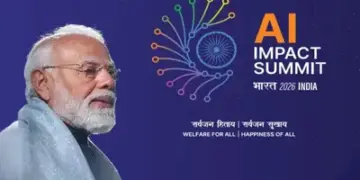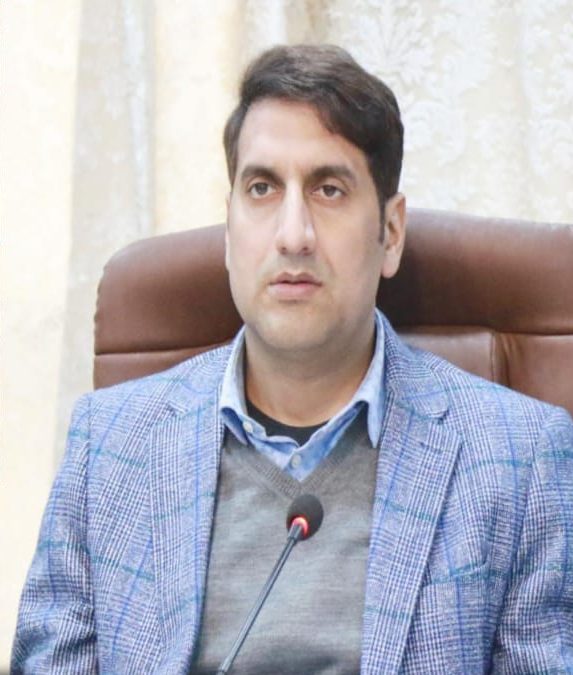By: V. AnanthaNageswaran/ ChandniRaina/ Geetu Joshi
Sustainable Development is essential not only to the well-being of our future generations and the preservation of the ecosystems but also to meeting the aspirations of the present generation. The G20’s Sustainable Finance Working Group (SFWG) is mandated to align financing and policies to the goals of the Paris Agreement and the 2030 Agenda for Sustainable Development.
India’s approach to the Sustainable Finance agenda is guided by the fact that finance at scale and on a concessional basis is critical to the achievement of climate and other sustainable development goals. Given that robust economic growth, strengthening inclusivity, building resilience, and ensuring environmental protection have been the concomitants of India’s development strategy, scaling up climate and sustainable finance and building capacity were the focus during India’s G20 Presidency.
Climate change is one of the biggest global challenges. The World Economic Outlook 2022 estimates that about USD 4 trillion per year needs to be invested in renewable energy till 2030 to reach net-zero emission announcements of countries. However, statistics bespeak the meagre actual flow of climate finance to the global south from the developed countries despite the latter’s predominant role in contributing to the problem of climate change.
Developing countries cannot afford to lose sight of their development agenda and the Sustainable Development Goals (SDGs). With only seven years left to achieve Agenda 2030 and the need to fill in the vast SDG financing gap of USD 3.9 trillion annually for developing countries, the Indian Presidency took up mobilisation of climate finance, enabling financing of other SDGs and capacity building as priorities of the G20 SFWG.
To begin with, under Climate Finance, the focus has been on two themes: a) the mechanisms for mobilisation of timely and adequate resources for climate finance and b) policy measures and financial instruments for catalysing the rapid development and deployment of green and low-carbon technologies.
Through the deliberations, developed and developing countries conceded that scarcity in public concessional funding needed to be addressed. They underscored the primary role of Multilateral Development Banks (MDBs) in financing climate action. The MDBs can stimulate the efficient allocation of resources without compromising on the financing of other development projects and also catalyse the private sector through de-risking and adoption of innovative instruments to mobilise resources at a concessional rate. Acknowledging that non-price policy levers are vital in enabling a low-carbon development pathway was an equally significant movement forward and in line with the developing country’s perspective as against the near-exclusive focus on carbon pricing in the previous Presidencies of the G20.
Further, in recent years, the private sector has been increasingly investing in social services through financial instruments such as impact bonds, sustainability-linked bonds, etc. However, factors such as the nascent investment enabling environment and insufficient awareness about tools to integrate social SDGs into investor investment policies continue to limit private financial flows to social sectors.
Recognising these challenges, the G20 members focused their attention on ways to crowd in private capital through the wider adoption of social impact investment instruments to complement public investment in social sectors. The SFWG’s recommendations aim at fostering innovative approaches and specialised investment vehicles that reduce transaction costs and scale up finance flow to SDGs such as health and education.
Suggestions for improved nature-related data and reporting and greater interoperability of approaches while preserving flexibility by due consideration for country-specific circumstances would also facilitate private finance flows into biodiversity-aligned and nature-positive activities.
Lastly, the lack of adequate knowledge and absence of skilled professionals, particularly in Small and Medium Enterprises (SMEs), is a hurdle in the global transition towards a sustainable economy. The working group aptly identified the need for capacity building in financial product innovation, transition planning, and sustainability alignment approaches, among others. Consequently, the G20 Technical Assistance Action Plan and its implementation mechanism, developed this year, provide a roadmap to bridge the knowledge gap, ensuring a more inclusive and effective transition.
The New Delhi Leaders Declaration has distinctively accepted that the vision of ‘one future’ cannot be achieved without collaboration across Governments to enable an enhanced flow of funds to developing countries. The G20 Sustainable Finance work has been central in the light of the exponentially growing financing needs for climate action and other SDGs and preserving the world’s rich biodiversity. This year’s work under the Indian Presidency would lay a solid foundation for the future discourse of the G20 on sustainable issues in line with the needs and priorities of the Global South.
V. AnanthaNageswaran is Chief Economic Adviser. ChandniRaina and Geetu Joshi are Economic Advisers in the Department of Economic Affairs, Ministry of Finance. Views are personal.
Courtesy PIB, Srinagar








